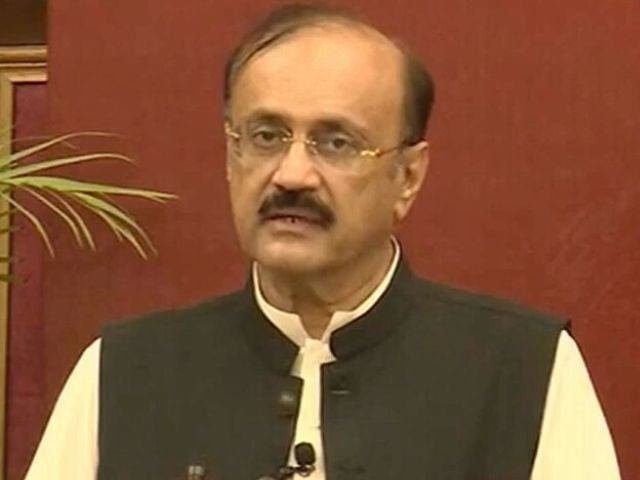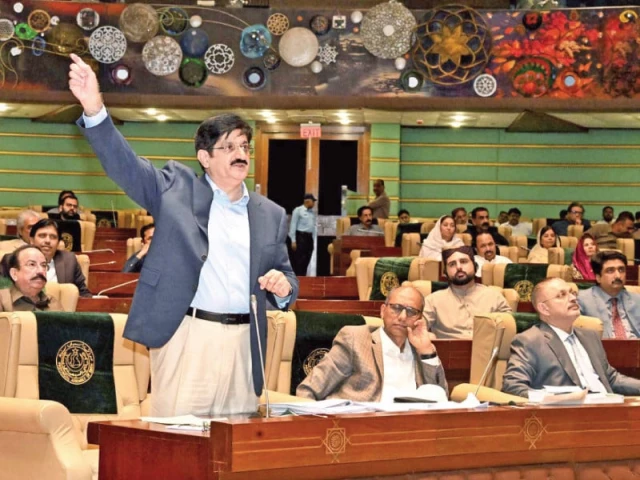Lahore High Court Ruling: A Look at the Fugitive Disentitlement Doctrine
The recent decision by the Lahore High Court has drawn attention, particularly concerning the cases of former opposition leader Malik Ahmad Khan Bhachar and former MNA Muhammad Ahmad Chatha. The court dismissed their petitions challenging the Election Commission of Pakistan’s (ECP) notifications that de-notified them. This ruling shines a light on an important legal principle — the fugitive disentitlement doctrine.
Justice Khalid Ishaq noted that because both petitioners are fugitives from justice, they cannot invoke the court’s jurisdiction for a judicial review. This ruling speaks volumes, emphasizing that the jurisdiction of courts is not typically extended to those who are evading legal consequences.
Understanding the Fugitive Disentitlement Doctrine
At its core, the fugitive disentitlement doctrine highlights a critical distinction: if a person is fleeing from justice, any legal remedies they seek may be curtailed. In this case, the court found that the ECP’s notifications regarding the petitioners were closely linked to their criminal convictions, primarily stemming from their actions tied to the May 9 incidents, where they received 10-year sentences from anti-terrorism courts.
The Additional Attorney General argued that allowing a fugitive to seek judicial intervention would be inequitable. After all, a person should not benefit from their own wrongdoing, especially when they have failed to comply with a judicial order. This stance reinforces the idea that legal systems exist to uphold justice, and those who evade responsibility should not be rewarded with legal recourse.
However, the petitioners’ counsel argued that their civil rights should remain protected. They contended that challenging the ECP’s notifications shouldn’t directly relate to their criminal convictions, asserting that the fugitive status should only influence specific cases. This argument raises thought-provoking questions about the balance between criminal accountability and civil rights.
A Broader Perspective
As this case unfolds, it prompts a larger discussion on justice and accountability. How do we ensure that individuals cannot manipulate the legal system to evade consequences? In a democratic society, it’s crucial to maintain faith in the judicial process.
The comments around the maintainability of the petitions also highlight the tension between law and due process—something every citizen should value. The importance of being heard and having the right to challenge decisions is a foundational element of justice. However, when that right is claimed by someone eluding legal accountability, it complicates the matter.
The Road Ahead
As we watch the developments stemming from this ruling, it becomes evident that the intersection of law and ethics is not always straightforward. Every case brings its unique challenges, and as advocates, legal professionals, and citizens, we must stay engaged in these discussions.
Ultimately, the ruling recently issued by the Lahore High Court serves as a reminder of the meticulous balance between civic rights and justice. As we continue to explore these themes, it’s essential to stay informed and connect with platforms that encourage constructive dialogue. If you’re interested in discussing legal matters further, connect with the insights from Pro21st to deepen your understanding of current issues shaping our legal landscape.
At Pro21st, we believe in sharing updates that matter.
Stay connected for more real conversations, fresh insights, and 21st-century perspectives.





